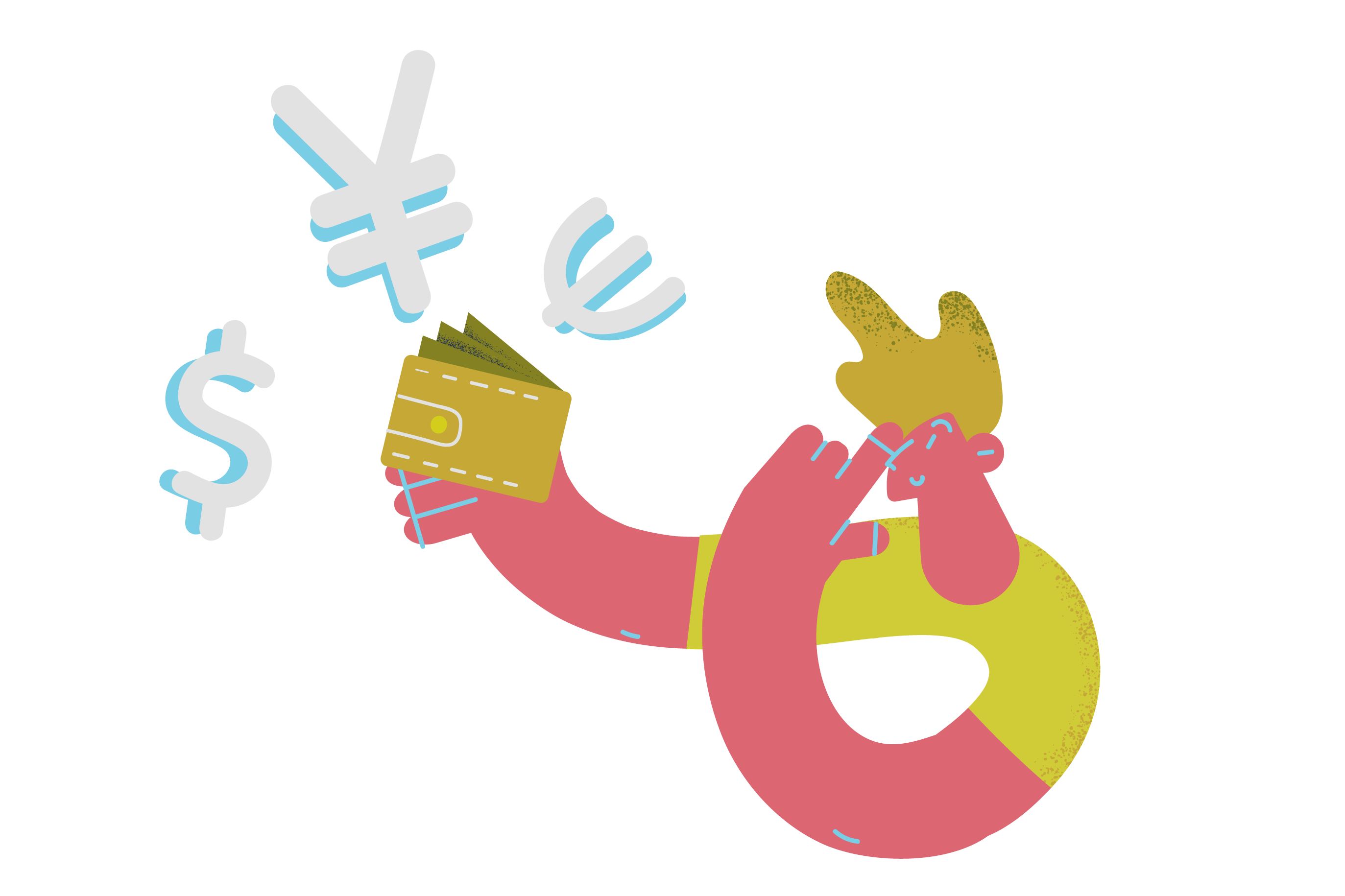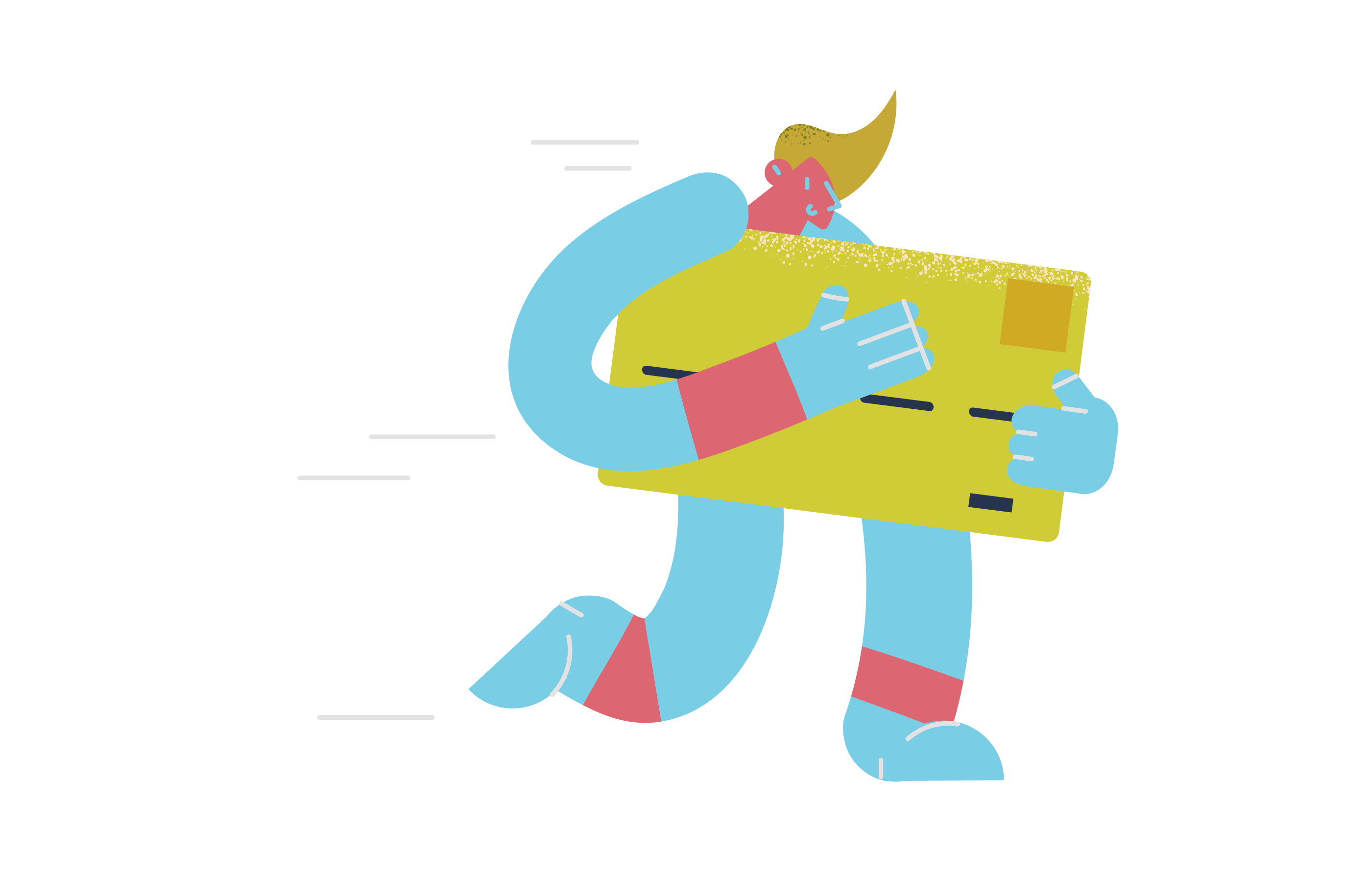The impact of counterfeiting
Most consumers seem relatively indifferent to buying counterfeit products, whether intentionally or unknowingly. But they should be. Counterfeiting is a major problem for consumers, businesses and society in general.
Counterfeiting is a major problem for consumers, businesses and society in general.
Fake electronics, fake cosmetics, fake branded clothing, fake cigarettes: all of these products and more enter the marketplace without being subject to any monitoring of product standards or quality. Counterfeit goods are produced entirely outside of the controls and regulations enacted by the government to regulate raw materials, production processes and effectiveness, among others. As a result, each time consumer buy or use counterfeit products, they are potentially putting their personal health and safety at risk.
Businesses invest heavily in innovation and development to create new products and services that are generally protected by intellectual property rights. This means that intellectual property rights play a major role in our economy: besides promoting creativity and research, they also enable businesses to improve their position in the global marketplace. When criminal organisations produce and distribute counterfeit products, they generate large profits by flooding the marketplace with fakes, to the disadvantage of law-abiding businesses. Ultimately, this has a negative effect on society as a whole. By buying a counterfeit product you’re contributing to a clandestine system.
Research has shown that counterfeit goods make up 7% to 10% of the world economy, the equivalent of € 450 billion.
This shadow economy has a negative effect on an increasing number of sectors and has increasingly become rooted in legitimate systems. Buying counterfeit products, whether intentionally or unknowingly, props up this illegal trading system and contributes directly and indirectly to financial structures that undermine national economies. It threatens the foundations of various industries and, in the long term, will erode our financial security. Research has shown that counterfeit goods make up 7% to 10% of the world economy, the equivalent of € 450 billion. This cash flow falls outside the scope of official systems, resulting in a loss in taxes and customs duties, which are used to generate funds for ongoing government investment in health, education and employment
The risks of counterfeiting
the consumers
- 1Health damage
- 2Safety hazard
- 3Financial loss


the traders
- 1Damage to name, image and notoriety
- 2Economic losses
the economy
- 1Job losses
- 2Undermine regular industries
- 3Distortion of competition


the government
- 1Loss of tax revenue
- 2Loss of excise duties
Who we are ?
In 2010, ICC Belgium and Customs and Excise decided to join forces to fight counterfeiting and piracy more effectively. To this end, they created the private foundation ‘No to Counterfeiting and Piracy’, or NANAC. The foundation welcomes contributions from other partners, and currently cooperates closely with the inspectorate of FPS Economy, the Belgian branch of the European Consumer Centre (ECC Belgium), the Belgian Anti-Counterfeiting Association, essenscia and others. It also enjoys the support of authorities in the political arena.
NANAC aims to raise awareness among as many consumers and businesses as possible, alerting them to the dangers and disadvantages of counterfeiting and piracy. To combat these problems, No to Counterfeiting and Piracy has set itself four objectives:
Mission and aims
Rolling out informative campaigns intended to raise awareness at government level and among the general public with regard to the risks and disadvantages of counterfeit products.
Serving as an intermediary between government institutions and businesses, offering them a common space and helping to coordinate actions intended to combat counterfeiting.
Supporting businesses and individuals disadvantaged by fraudulent activities associated with the purchase of counterfeit products, serving as a single point of contact.
Representing and defending the interests of various parties vis-à-vis the relevant authorities.